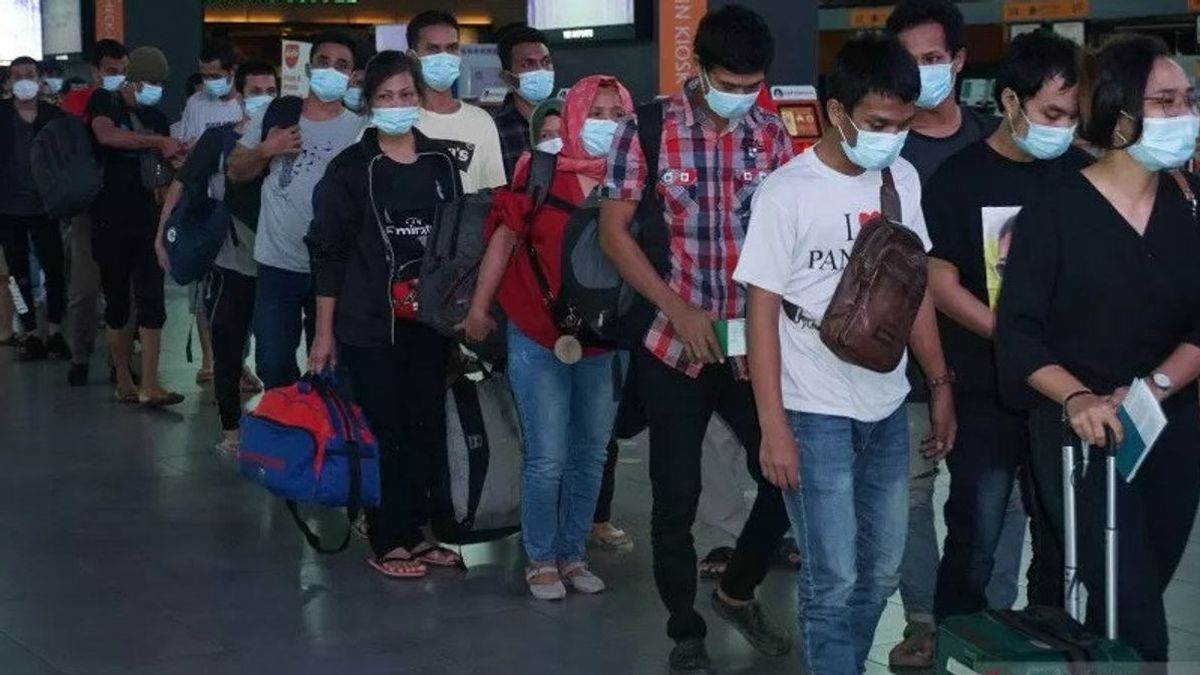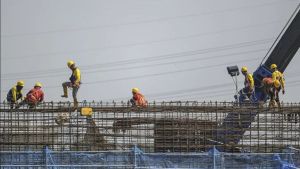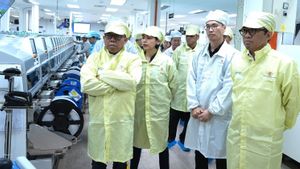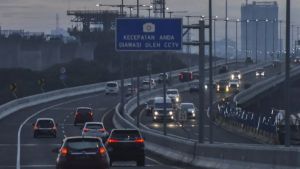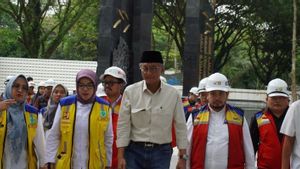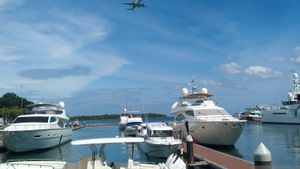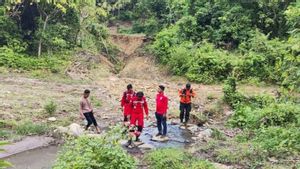YOGYAKARTA - Many Indonesian Migrant Workers (PMI) migrated to other countries to earn income.
These PMIs come from various regions. Lombok Regency, West Nusa Tenggara (NTB) is the area of origin for the most migrant workers, based on a report from the Minister of Manpower Ida Fauzia.
Demand to become PMI has increased since the COVID-19 pandemic has subsided and long-distance travel has been allowed. But on the other hand, there were many reports and unpleasant reports regarding PMI's condition. BP2MI noted that 1,500 PMIs returned to Indonesia in a state of death. In addition, as many as 3,200 PMIs have experienced illness to depression in the last two years.
The term PMI is usually juxtaposed with Indonesian Manpower (TKI). The difference between TKI and PMI is actually very thin.
PMI is the official term of the Indonesian government to replace migrant workers. TKI is an old term that took effect before the issuance of Law (UU) Number 18 of 2017 concerning the Protection of Indonesian Migrant Workers.
Indonesian Migrant Workers (PMI), based on the new rules, are every Indonesian worker who works abroad. PMI must meet the requirements as a job seeker from homeland to other countries and be registered with the district/city government agency that handles employment.
There are several categories referred to as Indonesian migrant workers. Here are people belonging to the PMI group:
However, there are also some people who are abroad for various purposes. Not all who settle or are abroad are referred to as PMI. Here are the categories that do not include PMI.
PMI can be called any Indonesian citizen (WNI) who will, are, or have done work by receiving wages outside the territory of the Republic of Indonesia. Meanwhile, Indonesian migrant workers who meet the requirements will work abroad and be registered with city/district government agencies responsible for employment.
From these two understandings, it can be known the differences between TKI and PMI. PMI is an Indonesian citizen who works in Indonesia individually or without the implementation of placement. Meanwhile, TKI must be registered in a related agency and its placement adjusts to the agency.
PMI mostly works in Asian countries, such as Malaysia, Japan, Saudi Arabia, Taiwang, Hong Kong, and others. Minister of Manpower Ida Fauziah gave advice to PMIs who are already working and those who are new to apply for jobs.
Ida advised PMIs who are already working so that they take advantage of their results or work salary abroad to improve their standard of living or welfare. In addition, he also hopes that PMI can make a positive contribution to economic development in their respective regions.
Meanwhile, to PMIs who are just looking for work, the Minister of Manpower reminded that working abroad is an alternative choice. He wants the decision to become PMI to be carefully considered by the public, such as understanding the risks that can occur.
In addition, he also advised people who are interested in becoming PMIs to prepare themselves with complete competencies and documents. They must not forget to seek as much information as possible, either through a migration service center at the village office or One-Stop Integrated Service (LTSA) or the Manpower Service.
That is an explanation of Indonesian migrant workers and the categories that fall into PMI. Considering that there are still many cases against PMI, the Minister of Manpower also provides maximum protection efforts for PMIs from before to after work.
Stay up to date with the latest domestic and foreign news on VOI. You present the latest and most recent nationally and internationally.
The English, Chinese, Japanese, Arabic, and French versions are automatically generated by the AI. So there may still be inaccuracies in translating, please always see Indonesian as our main language. (system supported by DigitalSiber.id)
